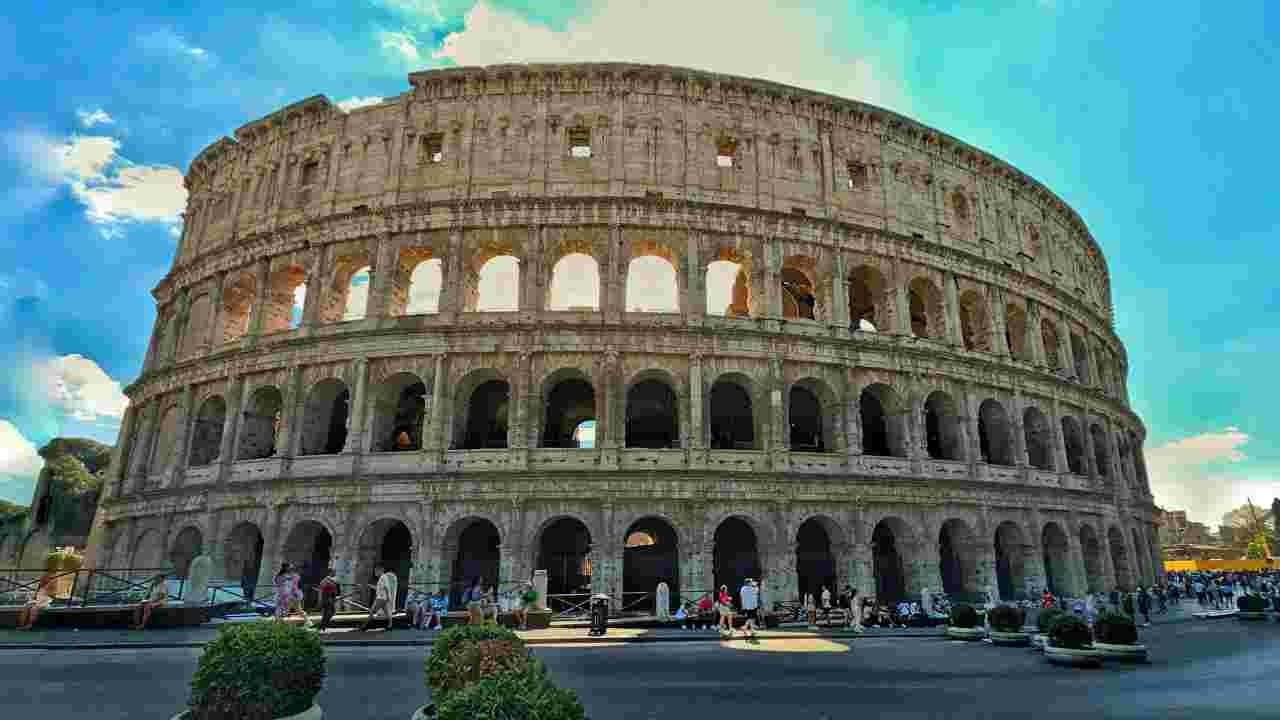Globalization and the Preservation of Cultural Heritage

Essay Question
Globalization has led to the blending of cultures, but some people believe it threatens the preservation of cultural heritage. To what extent do you agree or disagree?
Sample Answer
Globalization has undoubtedly accelerated cultural exchange and integration worldwide, leading to a blending of traditions, languages, and lifestyles. While some argue that this process endangers the preservation of unique cultural heritages, I partially agree with this view. Although globalization poses challenges to cultural identity, it also offers opportunities for cultures to evolve and thrive in a modern context.
On the one hand, globalization can contribute to the erosion of traditional customs and languages. The dominance of global media, multinational corporations, and Western cultural norms often overshadow local practices, especially in smaller or developing nations. For example, traditional festivals, indigenous languages, and artisanal crafts may decline as younger generations adopt more homogenized, globalized lifestyles. This cultural dilution risks losing irreplaceable knowledge and diversity, which form the backbone of a community’s identity and history.
On the other hand, globalization can facilitate the preservation and promotion of cultural heritage by increasing awareness and access. The internet and social media enable communities to share their traditions with a global audience, attracting tourism and international support for conservation efforts. Moreover, cross-cultural interactions can lead to innovative fusions of art, cuisine, and music, enriching cultures rather than erasing them. Cultural exchange encourages tolerance and appreciation, fostering a more interconnected and harmonious world.
In my opinion, the impact of globalization on cultural heritage is a double edged sword. It is essential for governments, cultural institutions, and communities to actively protect and revitalize their traditions through education, legislation, and cultural festivals while embracing the benefits of cultural exchange. Balancing preservation with adaptation is crucial to maintaining cultural diversity in a globalized era.
In conclusion, globalization presents both threats and opportunities to cultural heritage. With conscious effort, it is possible to safeguard unique cultural identities while benefiting from the enriching influences of a connected world.